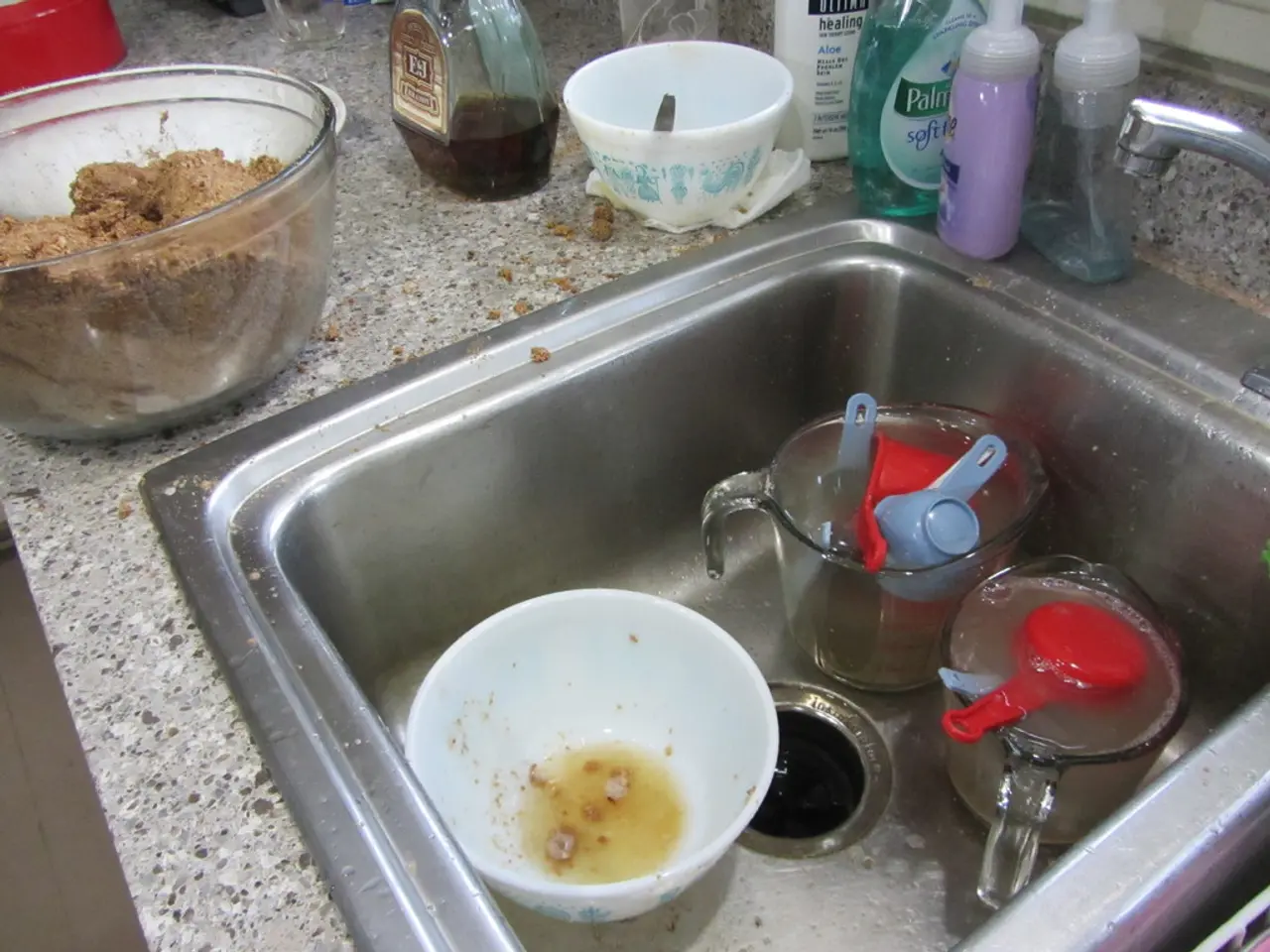Abusing Sinks: Understanding the Importance of Their Proper Use
Sinks in both kitchens and bathrooms are designed with a specific purpose: to maintain hygiene and prevent the spread of bacteria. However, misusing these essential fixtures can lead to a host of problems, ranging from plumbing issues and costly repairs to potential health risks and environmental contamination.
One of the primary consequences of misusing sinks is clogging and blockages. Plumbing systems rely on sinks being used as designed; improper disposal of grease, food particles, or chemicals can accumulate and clog pipes and sink aerators, leading to reduced water flow or complete blockages that require costly repairs.
In addition to clogging, misuse can also lead to increased maintenance and damage to fixtures. Minerals in hard water build up inside sinks and faucets, causing corrosion, discoloration, and damage to finishes, which shortens the life of plumbing fixtures and increases replacement frequency.
Another significant concern is the risk of backflow and contamination. Incorrect sink use or poor plumbing design can cause back siphonage of contaminated water into the clean water system, posing significant health hazards. This can lead to unsanitary conditions, fostering bacterial growth and potentially causing illness.
Using sinks improperly may also lead to hygiene and sanitation issues. Standing water contaminated with food residues or chemicals can foster bacterial growth, creating unsanitary conditions. In the kitchen, this can increase the risk of foodborne illnesses and other health problems.
To avoid these issues, it's crucial to use sinks only for their intended purpose. Proper use preserves the integrity of the plumbing system, reducing maintenance costs and prolonging fixture and appliance lifespan. It ensures the safety of the water supply by avoiding contamination through backflow, maintains sanitation and health by limiting microbial contamination, and prevents costly disruptions due to neglect or misuse.
In the kitchen, this means washing dishes, food preparation, and nothing more. Personal hygiene should be handled in the bathroom, as using the kitchen sink for such purposes increases the risk of contamination and cross-contamination. Similarly, pouring oil, paint, or chemicals down the sink can lead to blockages and potential leaks, causing severe damage to the plumbing system over time.
Proper disposal of waste is also essential. Improper disposal of waste in sinks can lead to potential health risks and environmental contamination. This includes disposing of cosmetics, medications, or cleaning products properly to protect both human health and the environment.
In summary, sinks should be used only for their designed functions to avoid plumbing damage, health hazards, and repair costs, assure clean water supply safety, and maintain hygienic environments. By adhering to this simple rule, we can ensure our sinks continue to serve their intended purpose effectively and efficiently.
[1] Environmental Protection Agency. (2020). Protect Your Home from Plumbing Problems. Retrieved from https://www.epa.gov/watersense/protect-your-home-plumbing-problems
[2] Centers for Disease Control and Prevention. (2021). Backflow Prevention. Retrieved from https://www.cdc.gov/healthywater/drinking/private/backflow-prevention.html
[3] American Water Works Association. (2021). Cross-Connection Control. Retrieved from https://www.awwa.org/CrossConnectionControl/Pages/default.aspx
- Proper care and maintenance of sinks in the kitchen, bathroom, and even those in the fashion-and-beauty, home-and-garden, and travel spaces are crucial, as misuse can lead to a host of problems, such as clogged pipes, increased maintenance, and potential health risks.
- The Environmental Protection Agency (EPA), Centers for Disease Control and Prevention (CDC), and American Water Works Association (AWWA) all stress the importance of using sinks solely for their intended purposes to prevent plumbing damage, health hazards, and repair costs, ensure clean water supply safety, and maintain hygienic environments, regardless of whether it's for food-and-drink preparation, personal grooming, disposal of waste materials, or other lifestyle activities.






